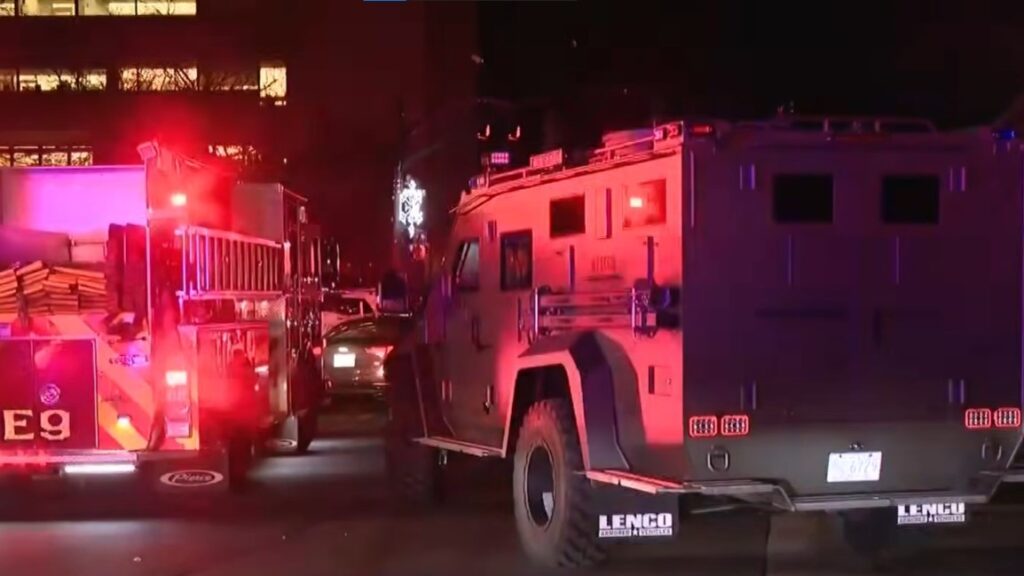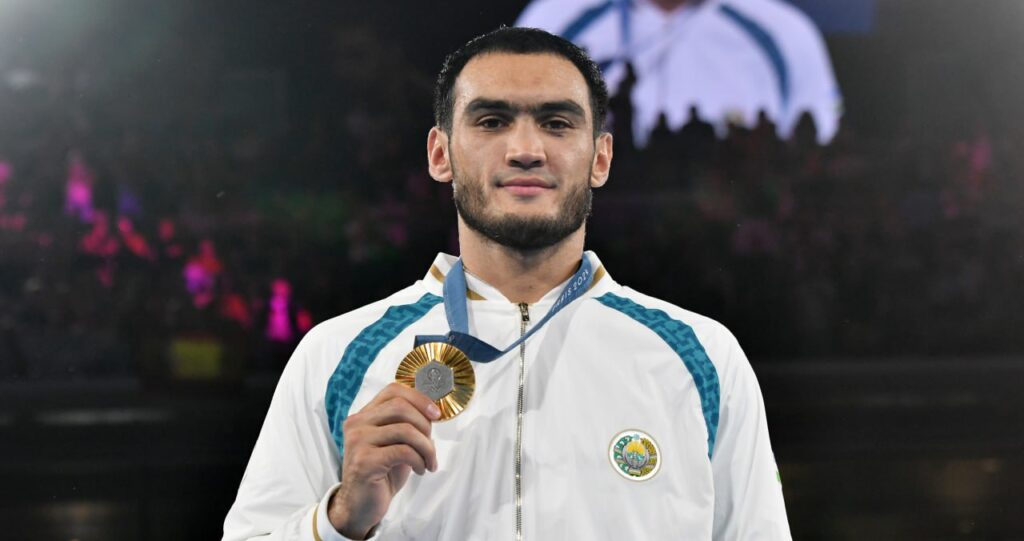“I Miss Everything:” Friends, Officials Mourn Uzbek Student Slain in the U.S.
MukhammadAziz Umurzokov, one of two students killed by a gunman at Brown University on Dec. 13, seemed to be making the most of life after moving to the United States from Uzbekistan with his family some years ago. He hoped to become a neurosurgeon, according to a sister, and his acceptance into the elite university in Rhode Island signaled that he was on the way to achieving his goals. So, the killing of Umurzokov, along with that of student Ella Cook of Alabama, hit hard for some people who, though accustomed to periodic news of mass shootings in the United States, were especially saddened that lives of such promise ended in violence. In Umurzokov’s case, he was mourned from the halls of power and diplomacy in the Uzbek capital of Tashkent to the suburbs of Richmond, Virginia, where he went to high school. “The loss of innocent lives as a result of this tragedy is a heavy loss for all of us,” Akhror Burkhanov, press secretary for Uzbekistan’s Ministry of Foreign Affairs, said on X. “Representatives of the missions of the Republic of Uzbekistan in the United States are in constant contact with the relatives of the deceased and are working closely with the relevant U.S. agencies on all issues.” Jonathan Henick, the U.S. ambassador to Uzbekistan, also expressed his sadness over the killings at Brown. “We extend our sincere condolences to Mr. Umurzokov’s family, friends, and fellow students and mourn the loss of his bright future,” Henick said in a statement. He added the Uzbek-language phrase: “Marhumni Xudo rahmat qilsin” (May God have mercy on the deceased). The Uzbek American Association issued a tribute to the Uzbek student, saying: “His passing has left an immeasurable void in the hearts of his family, friends, classmates, and the broader Uzbek American community.” Some comments from old friends in the United States suggested that Umurzokov, as a member of the Uzbek diaspora, was integrated into the rhythms of American life. “I miss everything,” Jameson Huang said on the GoFundMe page that was set up by Umurzokov’s sister, Samira Umurzokova. “Let’s catch up one day in Publix, drinking Arizonas and eating mac and cheese. Let’s race our cars and see who’s faster. Let’s redo the chaos of the college application cycle and the late night calls and hangouts. One day man, one day. For now, rest easy and stay safe up there.”






